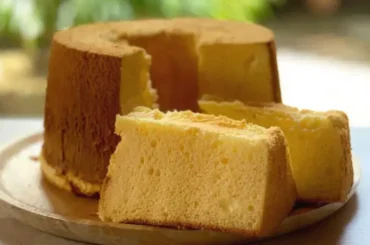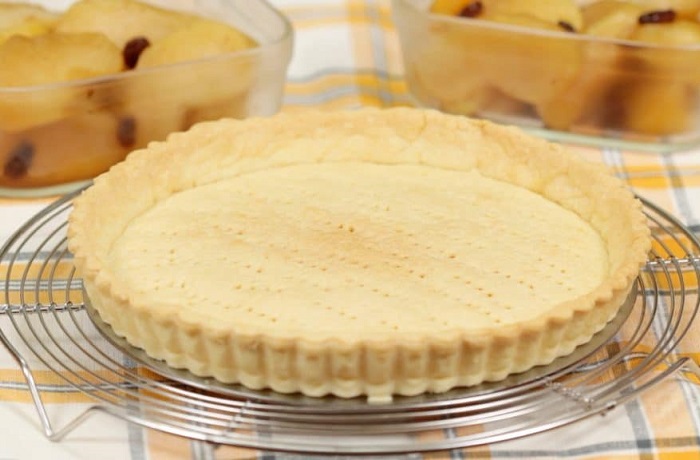This post is also available in:
Português
Español

Chocotorta is a traditional Argentinian dessert that became very popular in the 1980s, particularly in the southern towns of Santa Fe.
Contenido
How to Make Homemade Chocotorta?
Chocotorta is a delicious homemade dessert inspired by Italian tiramisu but made with ready-to-use ingredients, meaning no baking is required—just simple assembly.
Argentinian Chocotorta Recipe
Prep Time: 15 minutes
Resting Time: 12 hours
Calories: 350 kcal
Servings: 6 people
Ingredients
- 400 g chocolate cookies
- 600 g mascarpone cheese
- 600 g dulce de leche
- 200 ml hot water
- 100 g chocolate
- 2 tablespoons coffee
Instructions
- In a large bowl, combine the mascarpone cheese and dulce de leche. Mix with a whisk until smooth, creamy, and homogeneous.
- Dissolve the coffee in hot water in a separate bowl. Dip the cookies into the coffee mixture for 2-3 seconds, one at a time, and arrange them in a square mold to cover the base.

- Spread a layer of the mascarpone and dulce de leche mixture over the cookies. Repeat the process to form at least 3 layers, finishing with the remaining mixture on top.
- Decorate with grated or shaved chocolate, cover with plastic wrap, and refrigerate for at least 12 hours before serving.
Additional Tips
If possible, use chocolate cookies called “chocolinas,” which typically have a higher cocoa content and are less sweet than other chocolate cookies. Instead of Port wine (used in the original recipe), instant coffee is an excellent alternative for soaking the cookies, especially if you want everyone, including children, to enjoy the chocotorta.
Nutritional Porperties
Chocotorta provides calcium, phosphorus, magnesium, and vitamins A and B2 thanks to the mascarpone cheese and chocolate. Its cocoa content offers antioxidants, but it is high in sugars and calories.
Did You Know?
The current chocotorta recipe was popularized by the advertiser and gastronomy enthusiast Marité Mabragaña as a way to promote cookies produced by the then-Argentinian company Bagley. Since then, it has become an iconic dessert in Argentina and has been enjoyed in homes across the country.




